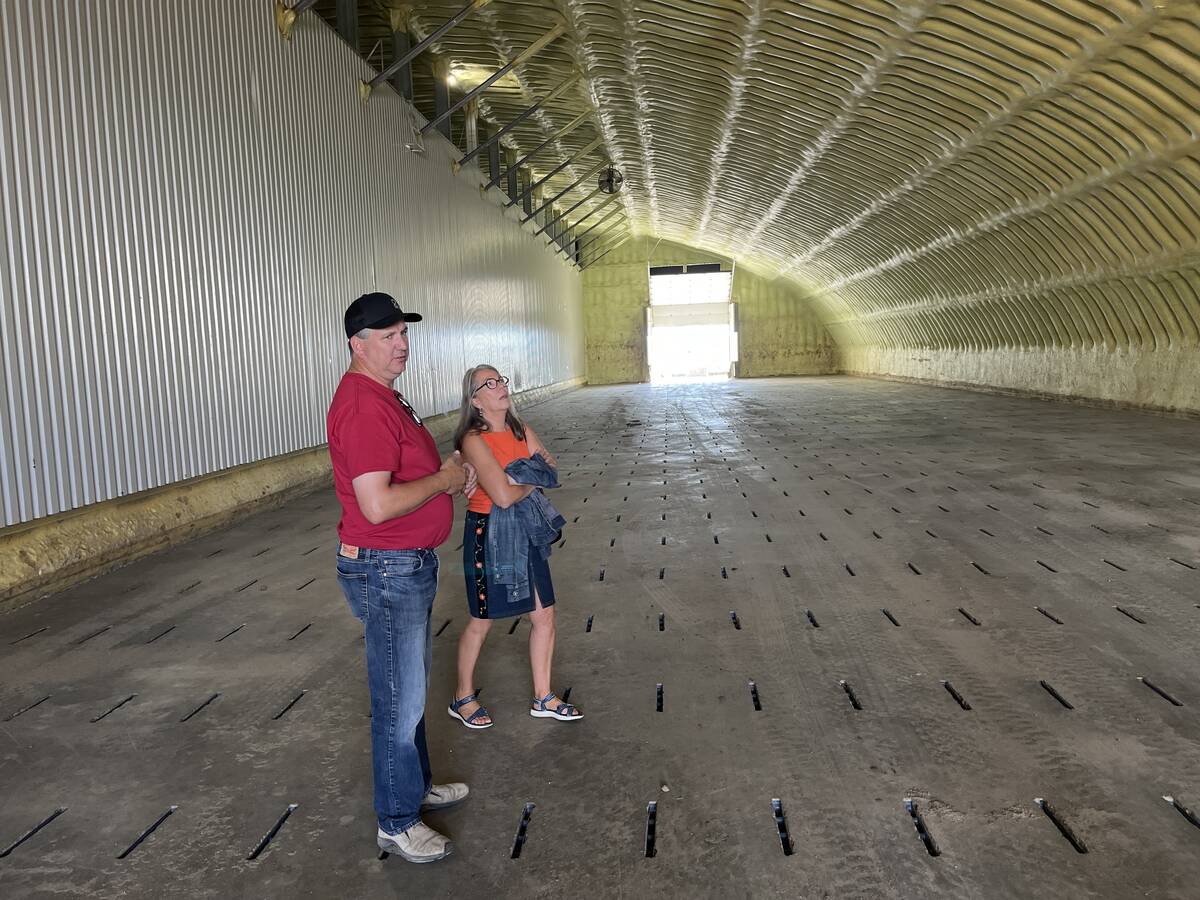WINNIPEG – There were a few new faces from rural Manitoba elected to the provincial legislature last week. But in all 22 rural ridings, voters returned the same parties as last time.
The Conservatives kept the same 17 rural seats they took in the 1990 election, while the New Democrats held on to the five others.
Conservative premier Gary Filmon is in power for the third time, winning a majority government of 31 seats. It’s the first time in almost 40 years that a premier has been given three terms by the province’s voters.
Read Also

Potato farm requires year-round management
The most recent Open Farm Day in Alberta showcased agricultural producers across the province educating the general public about the process that is required is to get food to their table.
The Tory campaign focused on balanced budget legislation and fiscal restraint, themes that found favor with farmers like Bill Swan of Ninette.
“Farmers have always had tough times, no matter whether it was the ’30s or the ’90s, and the Conservative government – in Manitoba, at least – has proven to be fiscally responsible with a balanced budget,” Swan said.
The Tories took pains to distance themselves from the fate of their federal cousins. During the election, the party referred to itself as “the Filmon team” on signs and advertising.
The tightest race of the election was in the Swan River riding, where NDP agriculture critic Rosann Wowchuk squeaked past Tory farmer Fred Betcher by 28 votes. The NDP also won the ridings of Dauphin, Interlake, Selkirk and Brandon East.
With a total of 23 seats – three more than last time – the NDP forms the official opposition.
Liberal leader Paul Edwards had hoped to make gains in rural Manitoba. But in the end, he lost his seat and the party ended up with only three members in the legislature. The Liberals also lost their status as an official party, which means they no longer have office space or a budget for staff.
In rural ridings, Liberal candidates took a lot of heat over the federal gun control bill.
None of the parties spent a great deal of time on agriculture or other rural-specific issues, which disappointed Les Jacobson, president of Keystone Agricultural Producers.
“We’d hoped that agriculture would have made a bigger profile in the election from all the parties,” Jacobson said. However, he said rural candidates were grilled on farm policy during local debates sponsored by KAP.
Jacobson was circumspect about what the Tory majority government means for agriculture in the province: “We’re prepared to work with any government that’s in power and we’re also prepared to work with both the opposition parties.”
















